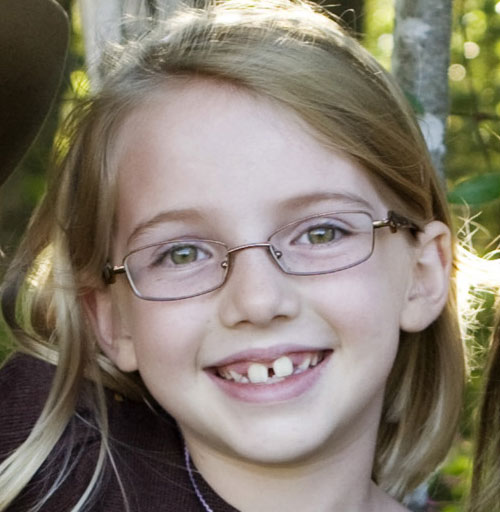Full Mouth Restoration
Cosmetic Dentistry
Porcelain Veneers
Dental Implants
CEREC Crowns
Bridges
Dentures & Partials
Children's Dentistry
Cleanings and Polishing
Laser Gum Treatment, Perio, etc.
Teeth Whitening
Third Molar Extractions
Sedation
Digital X-Rays
Intra-Oral Photography
Make an Appointment
830 | 257 | 4900
Email Us

LIKE Us
on Facebook
|
| Oral Hygiene
the
Cleaning of your Teeth & Gums
The ADA recommends the following for good oral hygiene: - Brush your teeth twice a day with an ADA-accepted fluoride toothpaste. Replace your toothbrush every three or four months, or sooner if the bristles are frayed. A worn toothbrush won't do a good job of cleaning your teeth.
- Clean between teeth daily with floss or an interdental cleaner. Decay–causing bacteria still linger between teeth where toothbrush bristles can’t reach. This helps remove plaque and food particles from between the teeth and under the gum line.
- Eat a balanced diet and limit between-meal snacks.
- Visit our dental hygienists regularly for professional cleanings and oral exams.
Antimicrobial mouth rinses and toothpastes reduce the bacterial count and inhibit bacterial activity in dental plaque, which can cause gingivitis, an early, reversible form of periodontal (gum) disease. ADA-Accepted antimicrobial mouth rinses and toothpastes have substantiated these claims by demonstrating significant reductions in plaque and gingivitis. Fluoride mouth rinses help reduce and prevent tooth decay. Clinical studies have demonstrated that use of a fluoride mouth rinse and fluoride toothpaste can provide extra protection against tooth decay over that provided by fluoride toothpaste alone. Fluoride mouth rinse is not recommended for children age six or younger because they may swallow the rinse. Consumers should always check the manufacturer’s label for precautions and age recommendations and talk with Dr. Butler and our hygienists about the use of fluoride mouth rinse.

Children also benefit from routine cleanings and check ups. The American Dental Association recommends that parents take their child to a dentist around his or her first birthday. This gives the dentist a chance to look for early problems with your child's teeth. You and Dr. Butler should review important information about diet, bottles, tooth brushing and fluoride use. Visiting the dentist from a young age will help your child become comfortable with our office and Dr. Butler. It also establishes the good habit of regular dental check-ups.
Scaling & Root Planing
Scaling and root planing is the most common and conservative form of treatment for periodontal (gum) disease. Scaling is the removal of calculus (commonly called tartar) and plaque that attach to the tooth surfaces. The process especially targets the area below the gum line, along the root. Plaque is more likely to stick to rough surfaces. For this reason, the root surface is smoothed down in a process called root planing. Root planing removes any remaining calculus and smoothes irregular areas of the root surface.
Cleaning & Polishing (Prophys)
Dental cleanings involve removing plaque (soft, sticky, bacteria infested film) and tartar (calculus) deposits that have built up on the teeth over time. Your teeth are continually bathed in saliva which contains calcium and other substances which help strengthen and protect the teeth. While this is a good thing, it also means that we tend to get a build-up of calcium deposits on the teeth. This chalky substance will eventually build up over time, like limescale in a pipe or kettle. Usually it is tooth colored and can easily be mistaken as part of the teeth, but it also can vary from brown to black in color. If the scale, or calculus is allowed to accumulate on the teeth it� provides the right conditions for bacteria to thrive next to the gums. The purpose of the cleaning and polishing is basically to leave the surfaces of the teeth clean and smooth so that bacteria are unable to stick to them and you have a better chance of keeping the teeth clean during your regular home brushing and flossing.
Dr. Butler employs two full time hygienists.
Meet our hygienists (click here).
The professional cleaning of teeth is sometimes referred to as prophylaxis (or prophy for short).
It's a Greek word which means "to prevent beforehand" - in this case, it helps prevent gum disease.
|
|
